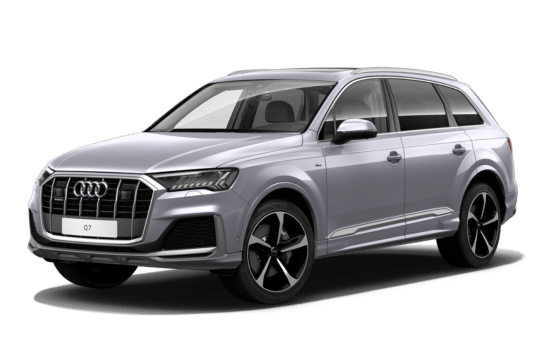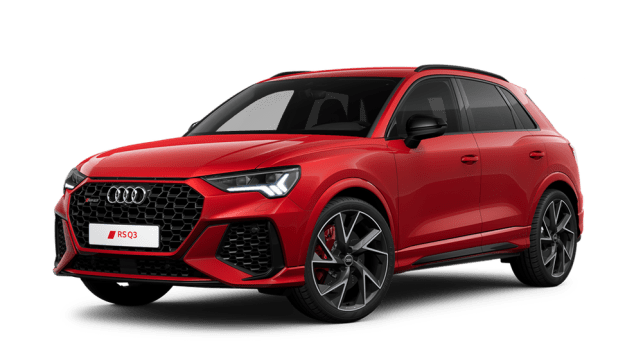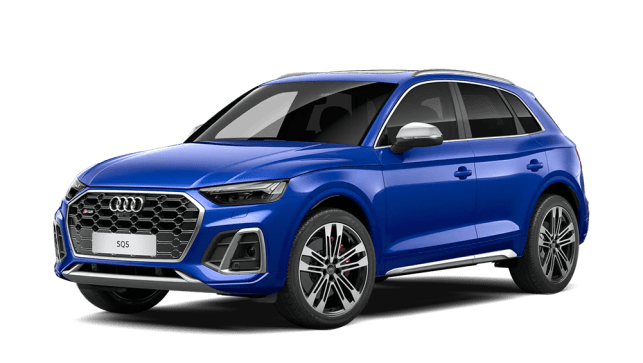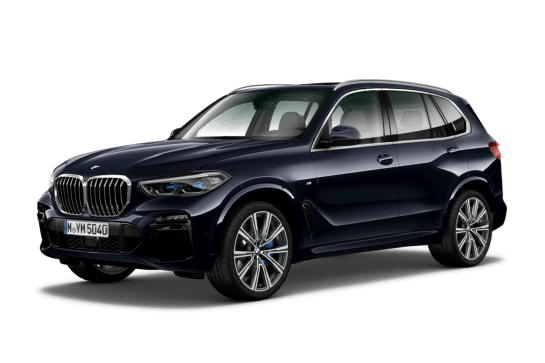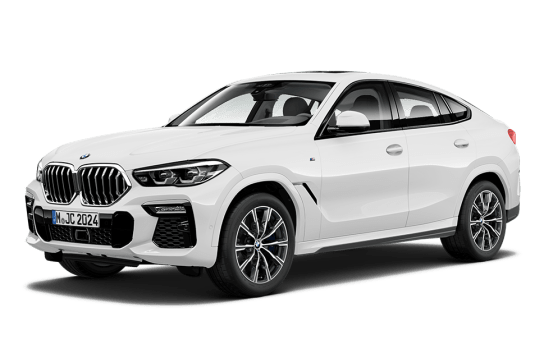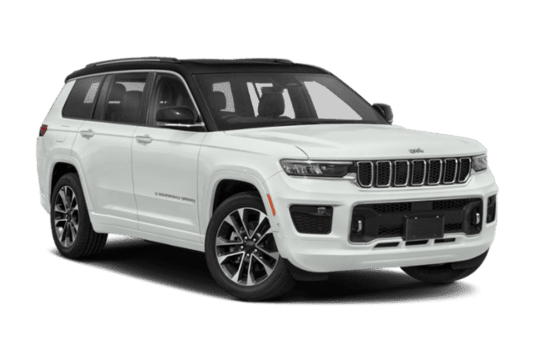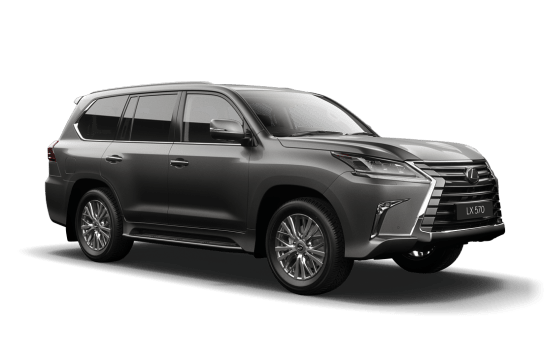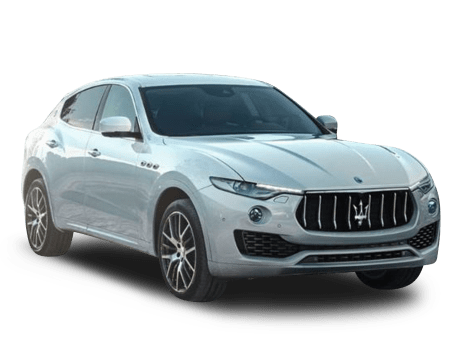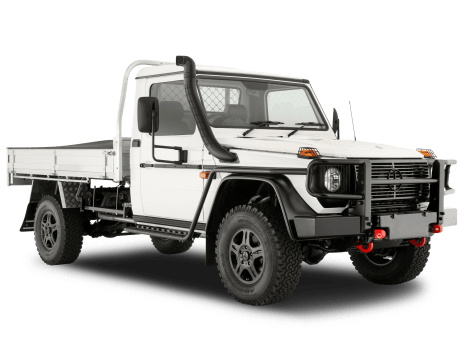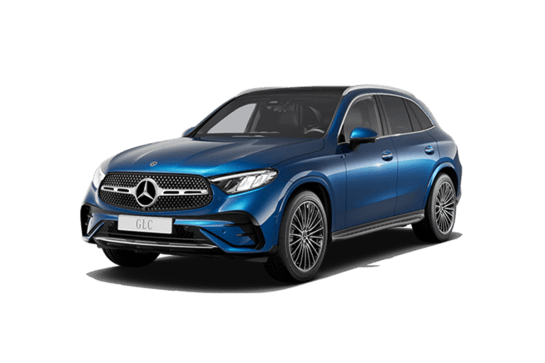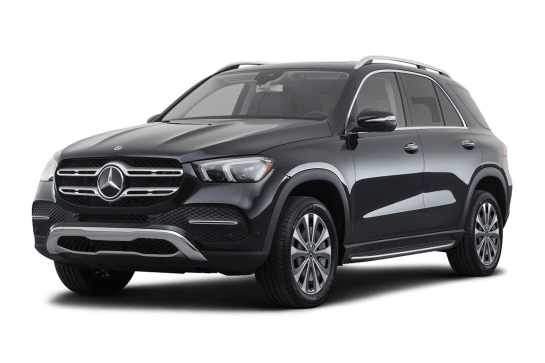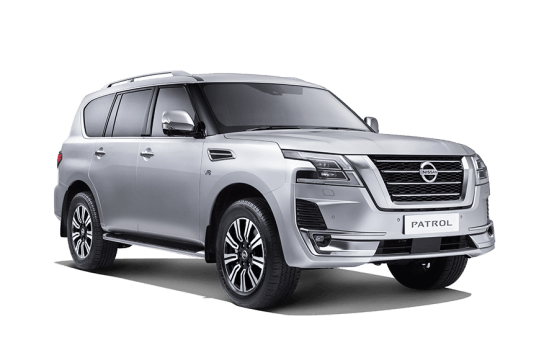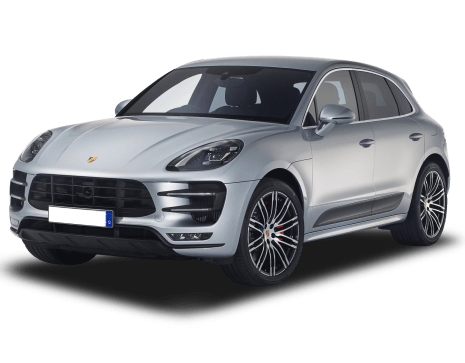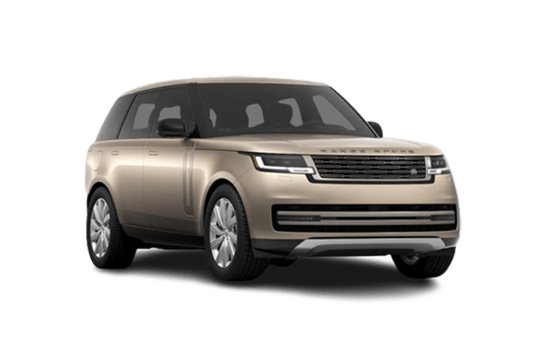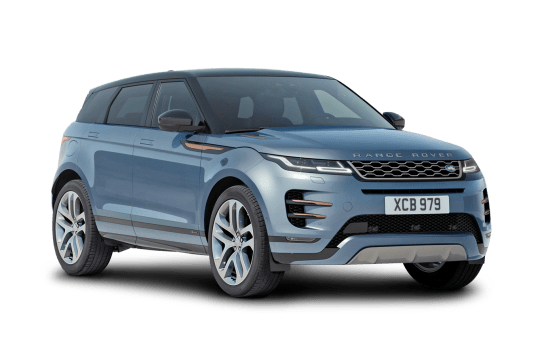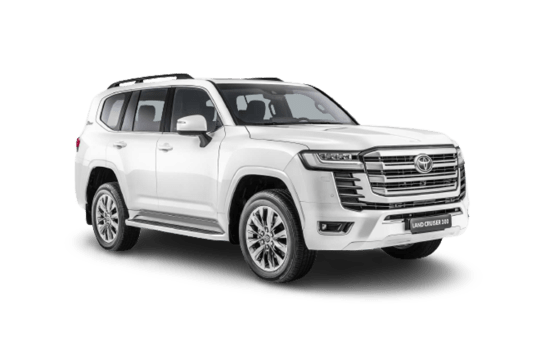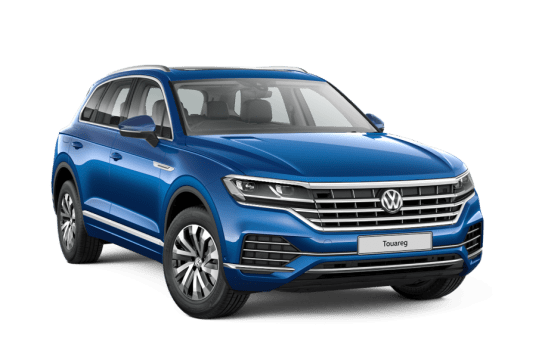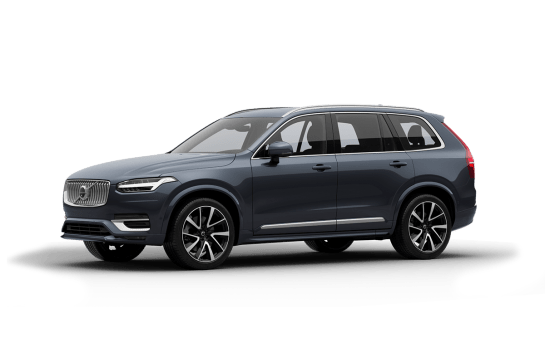
Infiniti QX80 VS Land Rover Discovery
Infiniti QX80
Likes
- Improved looks
- High level of comfort
- Off-road ability
Dislikes
- Price-tag
- No Apple CarPlay, Android Auto
- Understeer, bodyroll
Land Rover Discovery
Likes
- Comfortable on-road
- Capable off-road
- Air suspension
Dislikes
- Price-tag
- Wheels and tyres not suited to off-roading
- Spongy brakes
Summary
Infiniti QX80
The world of upper large luxury SUVs, like Infiniti’s latest-generation QX80, occupies that rarefied air, way up high in the car market, that I’ll never breathe – and that’s okay with me.
You see, as much as I admire these plush vehicles, even if I did have the cash and the inclination to buy one, I’d be so worried about incidental damage to the exterior (shopping trolleys or other drivers’ touch-parking) or children-induced damage to the interior (car sickness, spilled food or drink, blood from sibling punch-ups in the second row) that I’d never be able to fully relax while driving the thing. (Newsflash: I’ve heard from Infiniti that the QX80’s upholstery has a soil-resistant coating.)
These pricey wagons certainly do have their fans though and now, with extensive exterior changes and some interior ones, does the QX80, based on the Y62 Nissan Patrol, actually offer anything to set it apart from other large premium SUVs? Read on.
| Safety rating | |
|---|---|
| Engine Type | 5.6L |
| Fuel Type | Premium Unleaded Petrol |
| Fuel Efficiency | 14.8L/100km |
| Seating | 8 seats |
Land Rover Discovery
The Land Rover Discovery is a bit of a classic with 4WDers – and while it’s never attracted a massive and passionate fanbase like its hard-core stablemate, the Defender, it’s done okay for itself.
There used to be a clear distinction between the Discovery and the Defender. The Discovery was always your Landie of choice if you were after a luxurious smooth-riding 4WD, while the Defender was a gruff, rough-riding, hard-core adventure machine.
Read More about the Discovery
Well, with the new Defender being so refined, so well-appointed, so comfortable and so nice to drive – it’s almost like a Discovery in disguise – is the 22MY Discovery even relevant any more?
More importantly, does it make sense as your next seven-seat 4WD wagon?
Read on.
| Safety rating | |
|---|---|
| Engine Type | 3.0L turbo |
| Fuel Type | Diesel |
| Fuel Efficiency | 7.5L/100km |
| Seating | 7 seats |
Verdict
Infiniti QX807/10
The petrol-only QX80, really a Y62 Patrol with shedloads of bling, is a curious beast; a big, bold status-boosting premium SUV, which is much better suited to the US and Middle East markets than ours. However, it has a real premium feel, is very smooth to drive and the exterior and interior changes have improved what has so far been a divisive model for a brand with a small but growing fanbase here. Infiniti sold 83 of the previous QX80 in 2017 and is hoping to move 100 of these new ones in 2018; they have their work cut out for them, but if brand confidence is worth a few sales, who knows, they might even top the ton.
Is the QX80 worth its hefty price-tag, or is it simply too much cash for something that doesn’t even have mainstream connectivity functions?
Land Rover Discovery8/10
The Land Rover Discovery D300 S is a great family-friendly 4WD wagon.
It’s quiet, refined, and supremely well appointed; it’s also very nice to drive on-road and it’s a lot of fun – and very capable – off-road.
It’s packed full of driver-assist tech and its Pivi Pro system is a real treat to use once you’ve mastered the art, which doesn’t take long.
But you could say all of those same things about the new Defender.
So, is the Discovery still relevant? I reckon it is … at least for the time being.
Design
Infiniti QX807/10
The bulk of the facelifted QX80’s design changes have been to the exterior and include, most noticeably, new LED headlights with a redesigned, sleeker but more aggressive front end than its predecessor’s softer, more rounded curves.
The new QX80’s bonnet is 20mm higher than before and has been extended 90mm; the side steps have been stretched 20mm wider, and the power tailgate has been re-designed to include sharper, thinner, rear LED taillights and the bumper is visually wider.
The whole body has a higher visual centre of gravity, with this latest raft of design shifts giving the SUV a taller, broader, wider and more angular overall appearance.
The interior includes a bigger, chunkier redesigned centre and rear console and those aforementioned premium touches, such as leather-wrapped heated steering wheel, updated upholstery-stitching, semi-aniline quilted leather patterning on door panels and seats, as well as its stainless-steel sill plates, all add to the premium feel.
The QX80 looks better than it did but, as the previous one was pretty hard on the eyes, the 2018 version may still polarise opinion.
Land Rover Discovery
As always, I’ll avoid waxing lyrical about the styling of a vehicle – suffice to say, it looks good.
In terms of dimensions, this Discovery is 4956mm long (with a 2923mm wheelbase), 2220mm wide and 1888mm high.
It has a listed kerb weight of 2437kg.
Practicality
Infiniti QX807/10
The QX80 is a big unit – 5340mm long (with a 3075mm wheelbase), 2265mm wide and 1945mm high – and, when you’re seated inside it, it feels like Infiniti designers and engineers must have worked hard to maximise the space afforded them for driver and passengers without seeming to have sacrificed any style or comfort.
And that big open space inside the cabin is easy to get comfortable in. There are soft-touch surfaces everywhere – door panels, arm rests, centre-console edging – and the seats are unsurprisingly soft and supportive but tend towards slippery when there are quick changes in speed or direction, or when tackling steep downhills off-road. (It was fun to watch front-seat passengers slip-slide around inside during the 4WD loop)
If you’re up-front you’re well catered for; big glovebox; overhead sunglasses storage; the centre console now has a roomy smartphone storage area; the twin cupholders have been upsized to cop two 1.3-litre cups with handles (up from one 1.3-litre cup and a 950ml container); the USB port has been moved to the other side of the centre console so it’s easier to get to; the storage area under the front passenger arm-rest is now a 5.4-litre compartment, able to hold up to three upright 1.0-litre bottles or tablet devices.
There are nine cupholders and two bottle-holders in total in the QX80.
There’s a sunroof if you get the urge for natural light from above.
Second-row passengers now get 8.0-inch entertainment screens (up from 7.0-inch) and two additional USB ports.
The tip-up second row seats are easy enough to operate and the third row is power 60/40 split-fold-to-flat and reclining.
The QX80 is available with both seven- and eight-seat configurations, with the back seat in a two- or three-seat formation.
There is a 12V outlet in the cargo area.
Land Rover Discovery
The interior has a real premium feel about it, but it still serves as a very practical space.
The third-row seats can be either manually folded down into the floor to use that area as cargo space, or lifted up into a seating position.
There is a load-space cover, light, luggage tie-downs, bag hook and 12v in the rear, and two USB charging sockets for the third-row passengers.
The second row is a 60:40 electric-folding set-up with manual slide and powered recline, centre headrest and armrest, as well as map pockets, and door-moulded recesses. Second-row passengers get two USB C and one USB A charging points, air vents, air-con controls and more.
The front seats are 14-way electrically-adjustable with captain’s armrest, grained leather seat facings with Ebony interior; the Pivi Pro 11.4-inch touchscreen with digital radio, Apple CarPlay and Android Auto; as well as one USB A and three USB C points.
The Discovery has a fixed front and rear panoramic roof.
Price and features
Infiniti QX807/10
Pricing has not changed: there is one model and it still costs $110,900 before on-roads and that price does not include paint other than the standard Black Obsidian; metallic paint is $1500 extra. Changes over and above the previous model’s standard features list include 22-inch 18-spoke forged alloy wheels (up from 20-inch), Infiniti’s InTouch 8.0-inch colour touchscreen (up from 7.0-inch), new Espresso Burl coloured trim, new chrome finishes all-round, updated upholstery-stitching everywhere, quilted leather patterning on seats, new headlights, LED foglights and more. There is no Apple CarPlay or Android Auto.
Land Rover Discovery
For reference, this Discovery D300 S has a price-tag of $101,875* (plus on road costs).
As standard, the seven-seat Discovery’s list of features is considerable, as it should be at this price-point, and includes a 11.4-inch Pivi Pro multi-media touchscreen (like an all-in-one vehicle operating system, but more about it later), Apple CarPlay and Android Auto, fixed sunroofs, 3D Surround Camera, height-adjustable air suspension, 20-inch five-split-spoke, gloss silver wheels, and a whole lot of driver-assist tech.
There are also plenty of optional features available, which obviously push the price up the more you add to your Disco.
Our test vehicle was equipped with a stack of those extras and, because of that, its price-tag was $110,910* (plus on-road costs). (Prices correct at time of writing.)
Optional features on our test vehicle include Advanced Off-Road Capability Pack ($3970, twin-speed transfer box (high/low range), All Terrain Progress Control, Terrain Response 2, Configurable Terrain Response; Active Rear Locking Differential $1110; Tow hitch receiver $1000; Leisure Activity Key $960; Black Roof Rails $940; Privacy glass $920; Premium carpet mats $640; and wireless device charging $455.
By the way, the Discovery is available in a variety of colours including Fuji White, which is on our test vehicle, as well as versions of black, blue, grey and silver.
Under the bonnet
Infiniti QX807/10
The previous generation’s 5.6-litre V8 petrol engine (298kW@5800rpm and 560Nm@4000rpm) remains, as does the seven-speed automatic transmission with adaptive shift control. It also has Infiniti’s all-mode 4WD system, which offers Auto, 4WD High and 4WD Low settings and it has terrain appropriate modes (sand, snow, rocks) able to be dialled in.
Land Rover Discovery
The Discovery has a 3.0-litre inline six-cylinder twin-turbo-diesel engine – producing 220kW at 4000rpm and a whopping 650Nm at 1500-2500rpm – working with a mild hybrid system.
Those impressive power and torque figures don’t tell the whole story of just how well the Disco’s engine is able to punch this big unit along the road at a comfortable clip and – bonus – its chunk of torque, useable across a decent rev range, comes in very handy when off-roading.
It has an eight-speed automatic transmission and an all-wheel drive system.
Efficiency
Infiniti QX806/10
The QX80 is claimed to use 14.8L/100km. We reckon that fuel-consumption figure is very optimistic and if QX80 owners are partial to towing boats – as Infiniti reckons they are – or if they tackle some 4WDing, then that figure is going to climb much higher quite swiftly.
Land Rover Discovery
Fuel consumption is listed as 7.5L/100km on a combined cycle.
Fuel consumption on this test was 9.8L/100km. That’s sound considering I did a lot of high- and low-range 4WDing on this test and the Disco is quite a hefty unit.
The Land Rover Discovery D300 S has an 89-litre fuel tank, so, going by those fuel-consumption figures, I’d expect an effective touring range of about 860km, but remember that figure includes a built-in 50km safe-distance buffer.
Driving
Infiniti QX807/10
In the world of luxury SUVs big is king and this thing is definitely on the chunky side of big, but it doesn’t often feel too cumbersome for its own good, or too bulky to steer in and out of Melbourne’s bustling morning traffic with precision.
During this event, we did a fair chunk of driving – highway, country roads, gravel roads and a decent bit of 4WDing – and, surprise, surprise, it did pretty well, especially when things of this ilk usually exhibit the ride and handling of an old poorly-sprung couch on wheels.
It did, however, feel top-heavy at times and revealed substantial body-roll when pushed around corners at speed or even during some sections of slow, bouncy off-roading, so I’d be reluctant to experience what it would be like without hydraulic body motion control. However, we were willing to forgive it any rocking-and-rolling when that healthy V8 growl kicked in as we gave it the boot.
The 22-inch tyre-and-wheel combination is not the way I’d go if I was going to use the QX80 for any off-road forays but, having said that, we did fine on them, at road tyre pressures, over a decent off-road loop.
It has 246mm of ground clearance and 24.2 (approach), 24.5 (departure) and 23.6 (ramp-over) angles.
The QX80 has coil springs all-round and it was only ever caught out when it thumped through a couple of surprise potholes along a dirt road.
This Infiniti model has a claimed tare mass of 2783kg, but you wouldn’t have known it was that many kegs because it powered up steep and slippery bush tracks, through deep muddy ruts, over greasy rocks and through a few knee-deep mud holes with ease. It was as easy as pulling up, switching your terrain modes and dialling in your setting: 4WD High, 4WD Low or Auto. It has a locking rear diff and very capable hill descent control, which we tested on a few rather steep sections of track.
It’s nice to see vehicle manufacturers unafraid to put their off-roaders, even their pricey luxury ones, through a decent off-road loop at launch because it shows they have confidence in its capabilities.
The QX80 has a maximum braked towing capacity is 3500kg and 750kg (unbraked).
Land Rover Discovery
The Discovery is very impressive on-road. No surprise really as it has always had a reputation as a comfortable on-road cruiser – and it's lost nothing in this latest iteration.
It is a smooth driving experience: quiet, refined and you suffer little to no noise from outside intruding into the cabin.
The seats are very comfortable and supportive, and that makes it perfect for long-distance trips.
The straight-six engine and eight speed auto are a nice combination, quietly effective, and well-managed.
Acceleration is good with sharp throttle response, so you can crack on the pace when you need to, say, for instance, from a standing start or when you need to overtake a vehicle.
In terms of overall driving experience, there’s nothing too outrageously exciting or dynamic on offer here, because this is a large SUV, but it’s always comfortable and it’s lively enough if you want to give it the boot. There are paddle shifters if you want to get fancy with your up- and down-shifting.
It’s not all good news: visibility from the driver’s seat is a bit pinched out the rear of the Discovery (due to its styling); there is pronounced body-roll through corners; the brakes are quite spongy, with a real delayed-action feel about them; ride is a tad harsh because you are rolling along on 20-inch tyres and rims, which is something I’m not so used to; and, the steering column is manually adjustable only, which I reckon is a bit slack for such a pricey vehicle.
Safety
Infiniti QX808/10
The QX80 does not have an ANCAP safety rating. Safety tech as standard includes blind spot warning, intelligent parking system, forward emergency braking, lane departure prevention (incorporating lane departure warning), distance control assist and predictive forward collision warning, Infiniti/Patrol intelligent rear view mirror (which can display video from a camera mounted in the upper rear windshield) and more. It has two ISOFIX points in the second-row seats.
Land Rover Discovery
The Land Rover Discovery D300 S has the maximum five-star ANCAP safety rating, based on 2017 testing.
As standard, its suite of driver-assist tech includes AEB, adaptive cruise control, blind-spot assist, lane-keep assist, traffic sign recognition, front and rear parking aids, and trailer stability assist (TSA).
Don’t forget the Discovery’s terrain response system, and front and rear diff-locks.
Ownership
Infiniti QX807/10
It has a four year /100,00km warranty. Service intervals are scheduled at 12 months/10,000km. The total cost for three years is $1346.11 (GST included).
Land Rover Discovery
The Discovery has a five year/unlimited km warranty with five years roadside assistance.
The service plan applies over five years/130,000km (whichever occurs first) with a cost of $2650.


